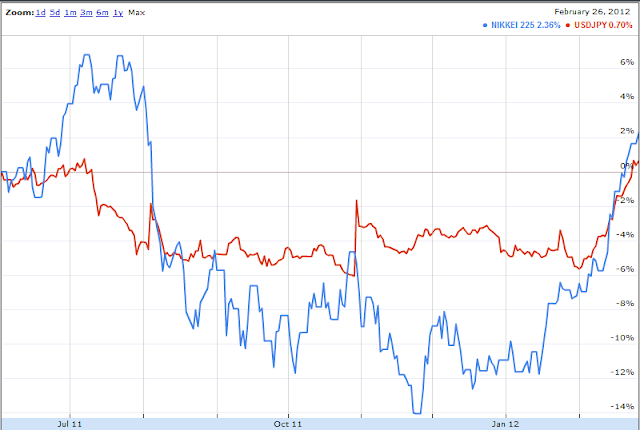Yesterday when discussing the missed deadline for the Greek bailout, we surmised that the talks could continue on for a few more days and weeks because the real deadline, when the next bond payment is actually due, is March 20th. So it didn't come as much surprise when we saw the following headline among today's newswires: "Greece Delays Talks On Political Deal On Reforms Amid Strikes, Protests".
Here's more from the Wall Street Journal:
A meeting between Greek Prime Minister Lucas Papademos and the three party bosses supporting his coalition government over a new loan deal for the country has been pushed back for yet another day as the government continued efforts to finalize a raft of painful reforms.
The delay marks the second time that the high level meeting on the loan deal--and accompanying reform program--has been delayed, as Greece scrambles to clinch a badly needed EUR130 billion rescue plan for the country.
It also comes as public outcry against years of austerity is building up. Thousands of Greeks took to the streets Tuesday to protest against the threat of more cutbacks while civil servants and private-sector workers staged a nationwide strike.
However just like yesterday, as well as for the last few weeks, the markets continue to show no concern that a deal won't get done. The Greek and Cypriot equity markets had another strong day with gains of 4.7% and 3.2% respectively. In the currency markets, the Hungarian Forint strengthened 1.6% against the US Dollar and the Czech Koruna 1.5%. Then there's the subject of today's post, the Polish Zloty, which also moved stronger with the USDPLN cross delcining 1.3%. The USDPLN cross has now dropped 8.7% for the year making it the Zloty the third best performing currency relative to the dollar.
As has been the case with many of the, what we refer to as, "Fringe" European countries (Turkey, Czech Republic, Iceland, Hungary, etc.), when the currency strengthens the equity market rises proportionally. Poland has been no different:
Below is the overall comparison chart of the performance of the fringe European currencies which we last showed on January 14th. One can see that all of the currencies have shown some level of improvement since the beginning of the year (marked by the vertical light blue line).
Just like the markets, we have very little doubt that a deal will get done well before 3/20. The main uncertainty lies in the Greek politicians' response to the strikes and protests (in fact there was already a general strike today) that will surely follow the deal. This is a long shot, but the unrest may even reach a point where the EU decides it needs to send in outside forces (I would assume through either NATO or the UN) to help maintain order.



















































